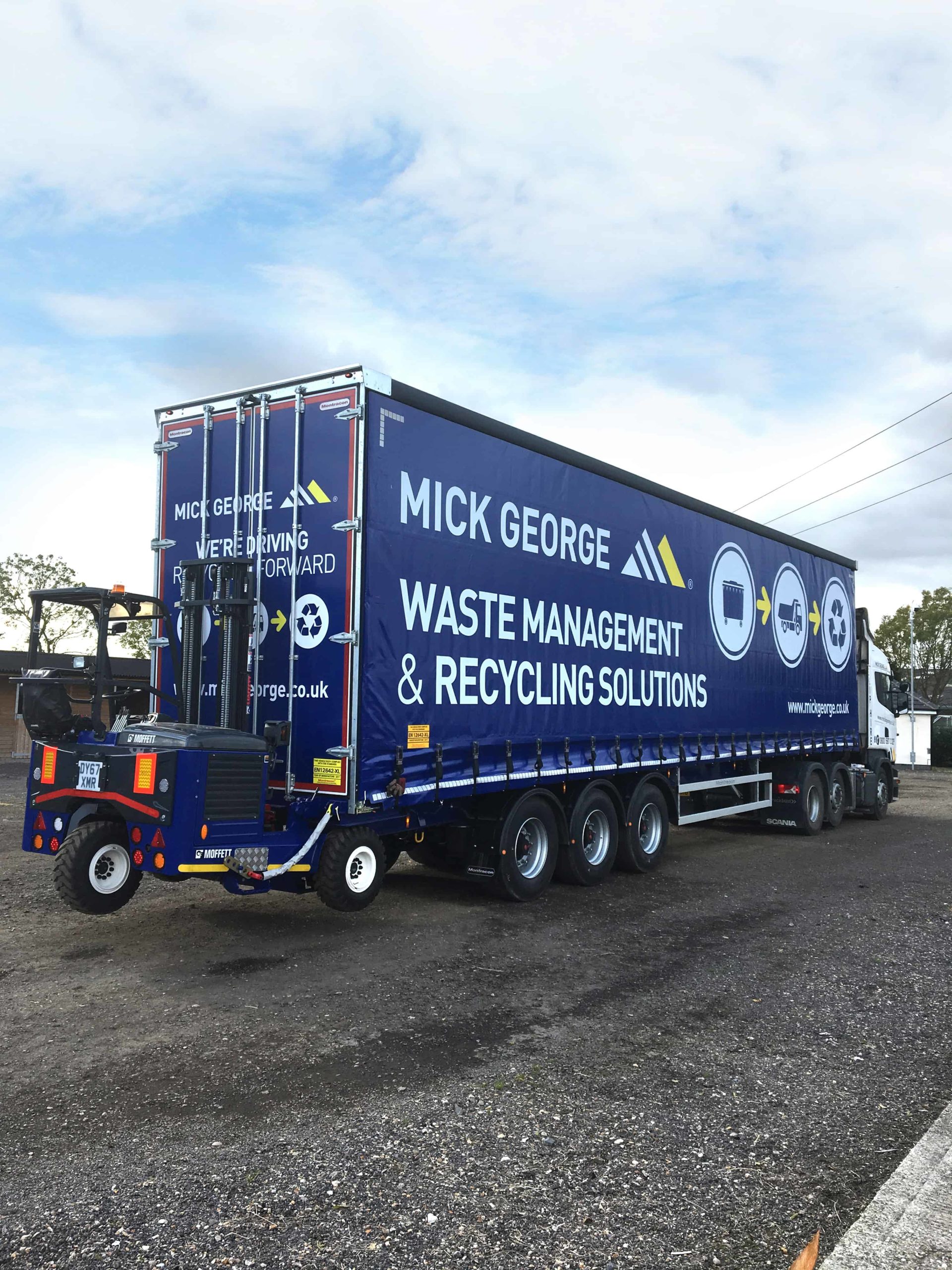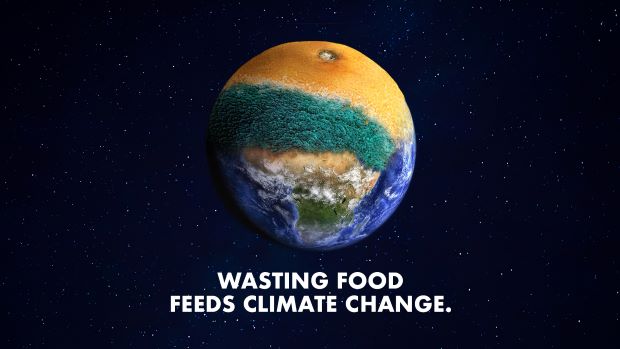
As that’s the case, it didn’t take a rocket scientist to quickly establish that new markets needed to be sought rapidly, in conjunction with a major rethink on wider waste management strategies applied throughout the world.
So how has that panned out? While we have a clearer indication on certain aspects, there is still a large amount of uncertainty that exists among industry professionals, including myself.
Assessing the waste paper market first and foremost.
It’s increasingly apparent that dependant on where you reside geographically, your outlook is likely to differ. Australian local authorities are facing the collapse of municipal waste and recycling contracts, American MRFs are struggling to cope, Europe is sending material to south east Asia, and there is UK hesitation over investing in additional sorting in the face of potential rejections or bans.
While much of the former is assumption based, some facts do exist, and they don’t all make for pleasant reading. February has witnessed prices for cardboard and mixed paper tumble in the UK, while demand in China has led to much higher prices being achieved locally – further supported by the 10% decline in RCP imports during 2017.
Another certainty is that as of 1st March 2018, Chinese authorities will be looking to rigorously enforce the 0.5% contaminants rule for unsorted paper, although some question-marks have been raised on exactly how to police the new policy.
However, a glimmer of hope has been expressed to the UK. It is anticipated that the three main buyers of waste paper for China in the UK will reach their quotas, subsequently increasing demand and price, but this optimism is only likely to be short-lived with preference possibly shown to domestic markets, or alternatively our overseas counterparts in America owing largely to quality.
So, what of the plastic market?
Opinion seems a little more divided. On the one hand there seems to be optimism, and on the other, a large degree of caution. That said, both sides’ are indicating that it is to early to tell what the eventual outcome is likely to be.
Those of a more positive orientation are very much ‘business as usual’, going about their work as they always have. Which given the recently published figures revealing 28,354 tonnes of plastic waste was accepted or exported last month, a small increase on January last year, suggests is a worthwhile tactic to employ.
Those supporting this notion are seeing this as an opportunity to improve our processes and take advantage of the fact that UK recyclers have greater access to more materials which could be useful to help domestic re-processors.
However, those not in favour are compiling an inquest on how sustainable and viable the emerging exports markets actually are, calling for government to take action on current recycling procedures to prevent persistent problems.
And while pressures have been exerted on supermarkets, councils and other commercial operators to counter the plastic problem, it is generally agreed that only partial commitments are being made, at a bare minimum level, at present.
The landscape of the industry has changed dramatically in the last few months following China’s decision. It has created lots of new challenges for recycling companies as well as waste producers but change also brings new opportunities.
As an industry we need to drive for better quality. For years we have fallen behind our worldwide counterparts in certain areas and the time has come for us to clean up our act and push on. Collectively we need to work together and promote and implement best practices in to the Recycling Sector, before other major import countries follow in China’s footsteps.
Mick George Ltd are investing time and money helping to educate our customers on the best way forward to ensure we can continue to process and sell their plastic and paper waste materials at the highest price. A little contamination can cause a problem and it’s making sure that our clients understand the issues around this. This all comes from education and making sure that staff on site are trained and understand that high quality recycling is paramount to the success of any recycling and commodities strategy.
Keep it clean, is the message to all our clients and recycling centres in 2018.
For further information, please contact:
Stuart Costello, Mick George: marketing@mickgeorge.co.uk
Tel. 01480 499 134









Subscribe for free